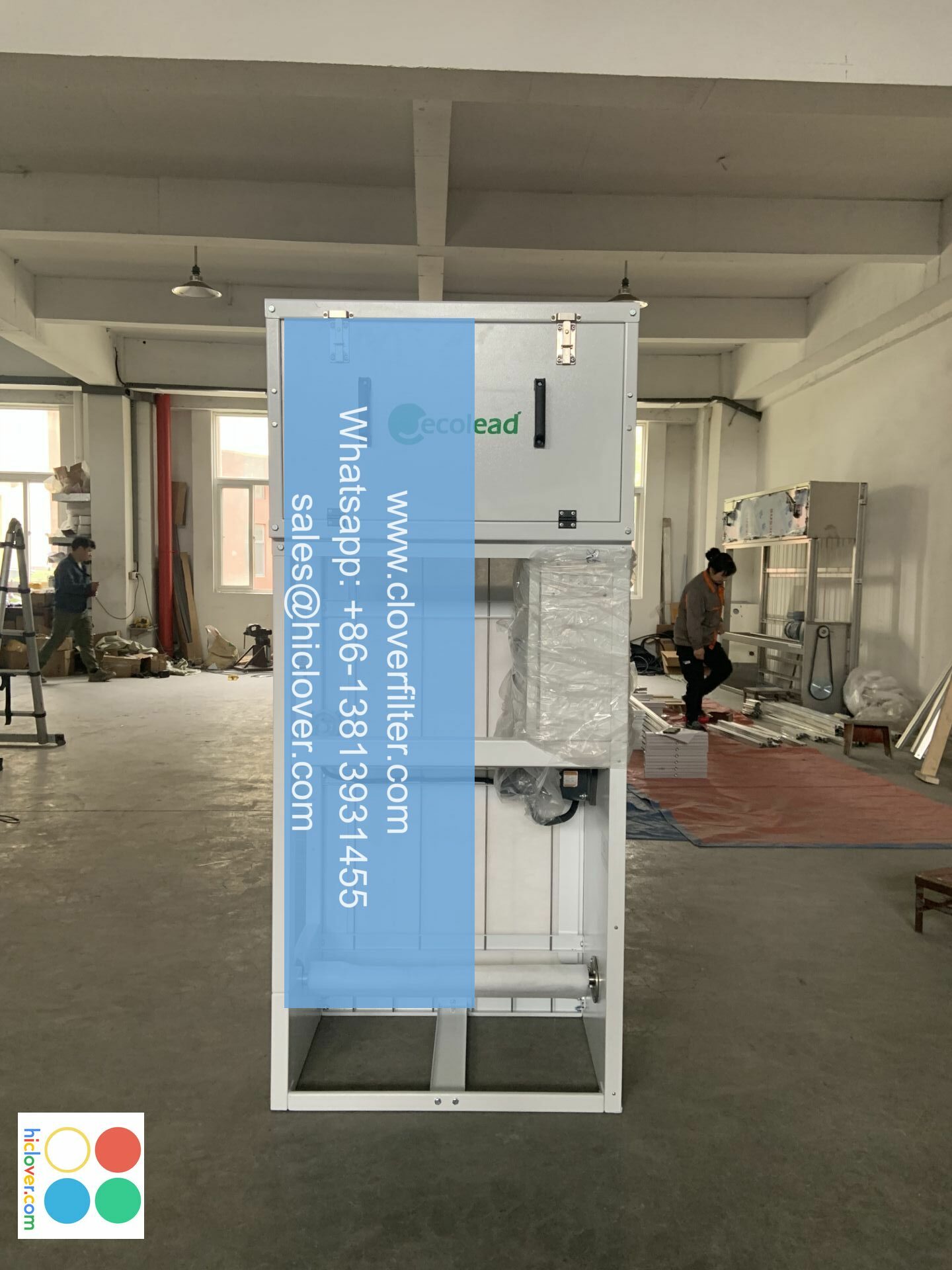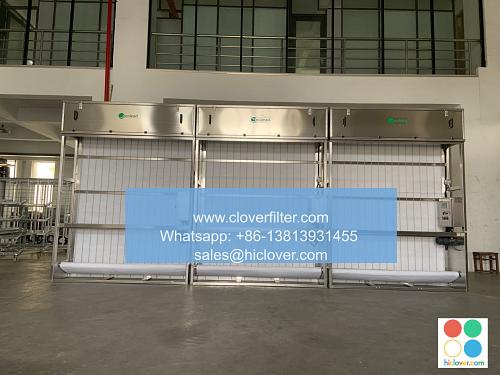The Connection between Air Filters and HVAC Systems: What You Need to Know

As a homeowner or business owner, it’s essential to understand the importance of indoor air quality (IAQ) and how it’s affected by the heating, ventilation, and air conditioning (HVAC) system in your building. One crucial component of an HVAC system is the air filter, which plays a vital role in maintaining good IAQ, energy efficiency, and system performance. In this article, we’ll delve into the connection between air filters and HVAC systems, exploring various application areas, including residential HVAC, commercial HVAC, and industrial HVAC.
How Air Filters Work with HVAC Systems
Air filters are designed to capture particulate matter (PM), such as dust, pollen, and other airborne contaminants, preventing them from entering the HVAC system and circulating throughout the building. By doing so, air filters help maintain good IAQ, reduce the risk of respiratory problems, and prevent damage to the HVAC system. A well-functioning air filter also ensures optimal system performance, reduced energy consumption, and minimized maintenance costs.
Types of Air Filters and Their Applications
There are several types of air filters available, each with its unique characteristics and application areas. Some common types include:
* Fiberglass filters: These are the most basic type of air filter and are commonly used in residential HVAC systems.
* Pleated filters: These filters are more efficient than fiberglass filters and are often used in commercial HVAC systems.
* HEPA filters: These filters are designed to capture 99.97% of particles as small as 0.3 microns and are typically used in industrial HVAC systems and clean rooms.
* Activated carbon filters: These filters are designed to capture odors and gases and are often used in commercial kitchens and industrial processes.
Benefits of Proper Air Filter Maintenance
Regular air filter maintenance is essential to ensure the optimal performance of your HVAC system. Some benefits of proper air filter maintenance include:
* Improved IAQ: A well-maintained air filter helps remove airborne contaminants, ensuring good IAQ and reducing the risk of respiratory problems.
* Increased energy efficiency: A clean air filter reduces the energy required to operate the HVAC system, resulting in lower energy bills and minimized environmental impact.
* Extended system lifespan: A well-maintained air filter helps prevent damage to the HVAC system, extending its lifespan and reducing maintenance costs.
* Enhanced system performance: A clean air filter ensures optimal system performance, providing consistent temperatures and humidity levels.
Best Practices for Air Filter Selection and Maintenance
When selecting and maintaining air filters, it’s essential to follow best practices to ensure optimal performance and cost savings. Some tips include:
* Choose the right filter type: Select an air filter that’s designed for your specific application area and HVAC system.
* Check and replace filters regularly: Regularly inspect and replace air filters to ensure optimal performance and prevent damage to the HVAC system.
* Clean and maintain filters properly: Follow the manufacturer’s instructions for cleaning and maintaining air filters to ensure optimal performance and extended lifespan.
* Monitor system performance: Regularly monitor the HVAC system’s performance to ensure it’s operating efficiently and effectively.
In conclusion, the connection between air filters and HVAC systems is crucial for maintaining good IAQ, energy efficiency, and system performance. By understanding the different types of air filters, their applications, and the benefits of proper air filter maintenance, you can ensure your HVAC system operates optimally, providing a healthy and comfortable indoor environment while minimizing energy consumption and maintenance costs. It seems like you haven’t asked a question or provided any context for me to respond to. Could you please provide more information or clarify what you would like to know or discuss? I’ll do my best to assist you once I have a better understanding of your inquiry.

